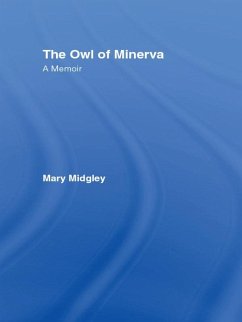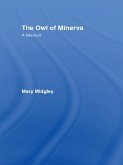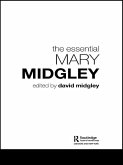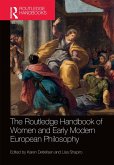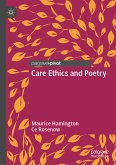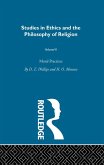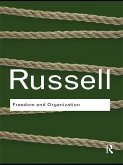The daughter of a pacifist rector who answered "No!" when his congregation asked him "Is everything in the bible true?," perhaps Mary Midgley was destined to become a philosopher. Yet few would have thought this inquisitive, untidy, nature-loving child would become "one of the sharpest critical pens in the west."
This is her remarkable story. Probably the only philosopher to have been in Vienna on the eve of its invasion by Nazi Germany in 1938 and dance in Trafalgar Square on VE day seven year later, she studied philosophy at Oxford in the same year as Iris Murdoch, Elizabeth Anscombe and Philippa Foot, all of whom became close friends. Midgley tells us in vivid and humorous fashion how they cut a swathe through the arid landscape of 1950s British philosophy, writing and arguing - often with each other - about the grand themes of character, beauty and the meaning of rudeness while the spectral figure of Ludwig Wittgenstein hovered in the background.
She also charts the highs and lows of philosophy and academia in Britain. On joining the Reading philosophy department on 400 a year in 1949, she doubled its staff complement. But her many years at Newcastle University - where Mike Brearley, who later captained England at cricket, also used to teach - were rewarded with the closure of the philosophy department in the 1980s.
The mother of three children, her journey is also one of a woman who in the 1950s and 1960s was fighting to combine a professional career with raising a family. In startling contrast to many of the academic stars of her generation, we learn that Midgley nearly became anovelist and started writing philosophy only when in her fifties, suggesting that Minerva's owl really does fly at dusk.
Plainly told like her philosophy, this is an elegiac and moving account of friendships found and lost, bitter philosophical battles and of a profound love of
Dieser Download kann aus rechtlichen Gründen nur mit Rechnungsadresse in A, B, BG, CY, CZ, D, DK, EW, E, FIN, F, GR, HR, H, IRL, I, LT, L, LR, M, NL, PL, P, R, S, SLO, SK ausgeliefert werden.
'Her memoir is a warm and reassuring account of the value of civilised life and of the confidence it can provide.' - The Scotsman
'Her memoir is a warm and reassuring account of the value of civilised life and of the confidence it can provide.' - The Scotsman

